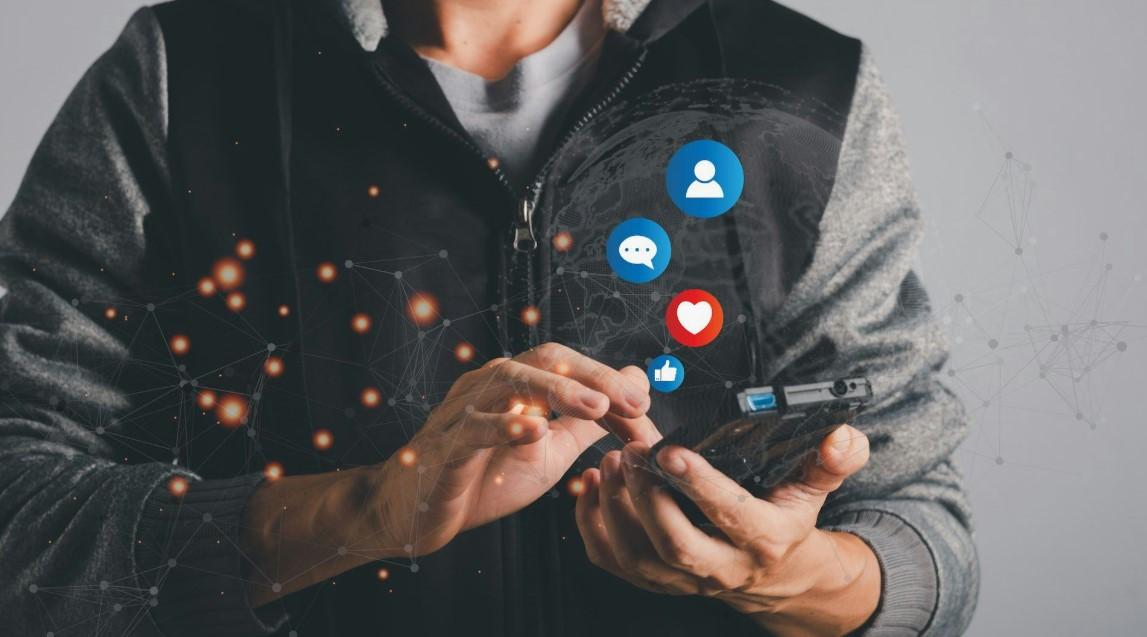Notifications

4 minutes, 55 seconds
-227 Views 0 Comments 0 Likes 0 Reviews

Social media has become an integral part of modern life, helping us connect, learn, and stay entertained. Behind the scenes, complex algorithms work constantly to personalize the content we see. These algorithms are designed to show us what we’re most likely to engage with — but not always what’s best for us. While they improve user experience in many ways, social media algorithms also have a darker side that affects mental health, democracy, and the spread of information.
One of the most criticized aspects of social media algorithms is their tendency to create echo chambers. By showing users content that aligns with their existing beliefs and interests, algorithms reinforce opinions and limit exposure to diverse perspectives. Over time, this leads to "filter bubbles" where people rarely see opposing viewpoints.
This can be dangerous in a democratic society. When individuals are only exposed to information that confirms their beliefs, it can polarize opinions, encourage extremism, and make civil discourse harder to maintain.
Algorithms prioritize content that gets high engagement — likes, shares, and comments. Unfortunately, misinformation often performs well because it’s shocking, emotional, or sensational. False or misleading content spreads faster than verified facts, leading to widespread confusion and distrust.
In critical moments — like elections, public health crises, or conflicts — this can have serious consequences. Social media platforms have taken steps to curb misinformation, but their business model still rewards content that goes viral, whether it's true or not.
Social media algorithms are also used for manipulation, both by platforms themselves and by external actors. Political groups, advertisers, and even foreign governments have exploited these systems to influence opinions and behavior. Through targeted ads and coordinated content campaigns, it's possible to sway public sentiment with precision.
These tactics can influence elections, incite unrest, or promote harmful ideologies. Users often don’t realize how their feeds are curated to influence them — and that lack of awareness can make the impact even more profound.
Algorithms are optimized for engagement, which often means keeping users on the platform as long as possible. This can lead to compulsive scrolling, digital addiction, and increased screen time. People may find themselves refreshing their feeds constantly, even when it's affecting their sleep, focus, or real-life relationships.
Moreover, the curated content often sets unrealistic standards — especially around beauty, success, and lifestyle — leading to anxiety, low self-esteem, and depression. Teens and young adults are particularly vulnerable, as they form their identity in a world shaped by likes and filters.
Most users don’t fully understand how social media algorithms work — and platforms rarely offer clear explanations. This lack of transparency makes it difficult for users to take control of their digital experience. You may be influenced by content, behavior, or even buying decisions without realizing how deeply the algorithm is involved.
Social media algorithms are powerful tools that shape our digital lives. While they can enhance our online experience, they also carry risks that are often overlooked. From misinformation and manipulation to mental health impacts and social division, the dark side of these algorithms needs more public awareness and accountability.
As users, we can start by being mindful of what we consume, questioning what shows up in our feed, and advocating for more ethical technology. Because in a world where algorithms silently shape reality, awareness is the first step toward reclaiming control.

